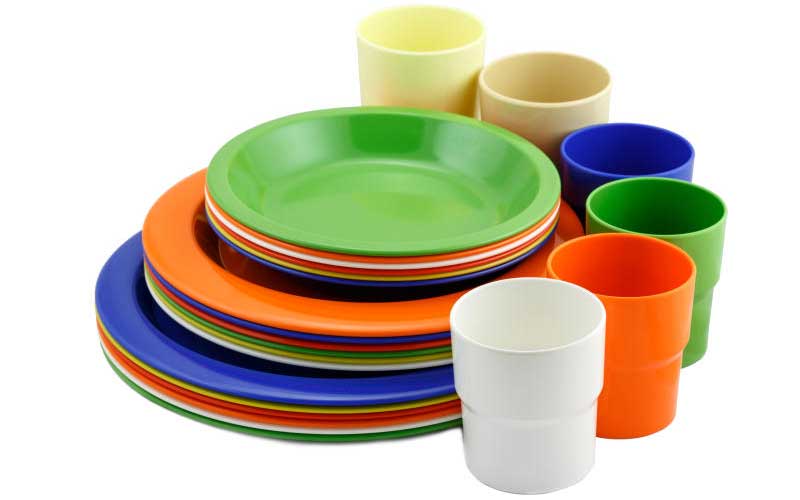×
The Standard e-Paper
Kenya’s Boldest Voice

Increasing cases of male infertility, birth defects and cancers in the country likely linked to components in evert-day use products, have prompted a soon-to-be gazetted Bill that regulates plastic use in Kenya.